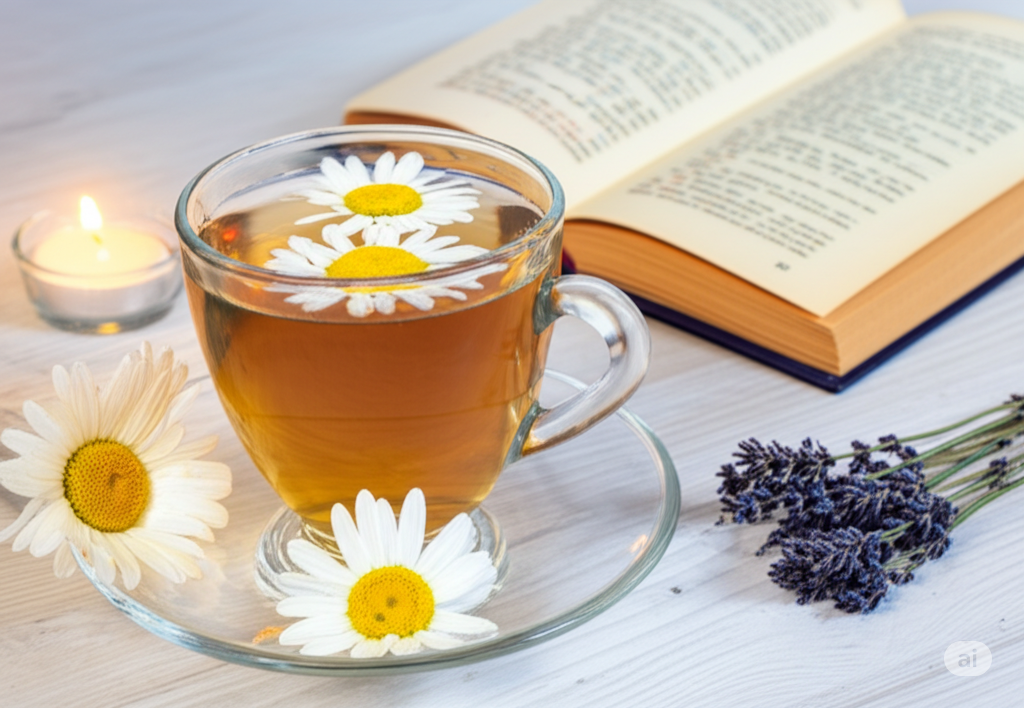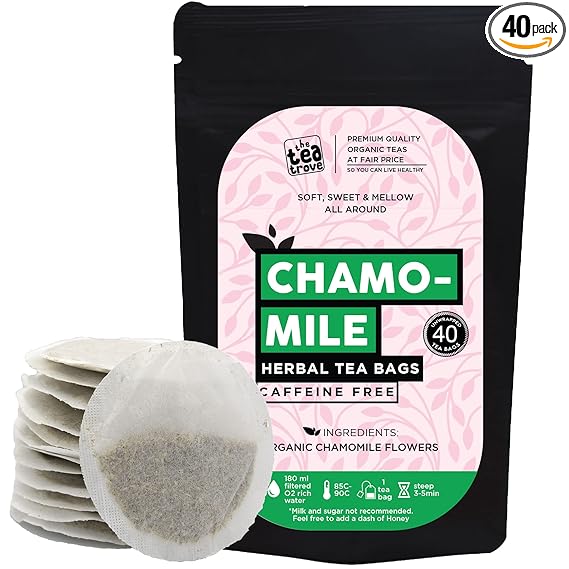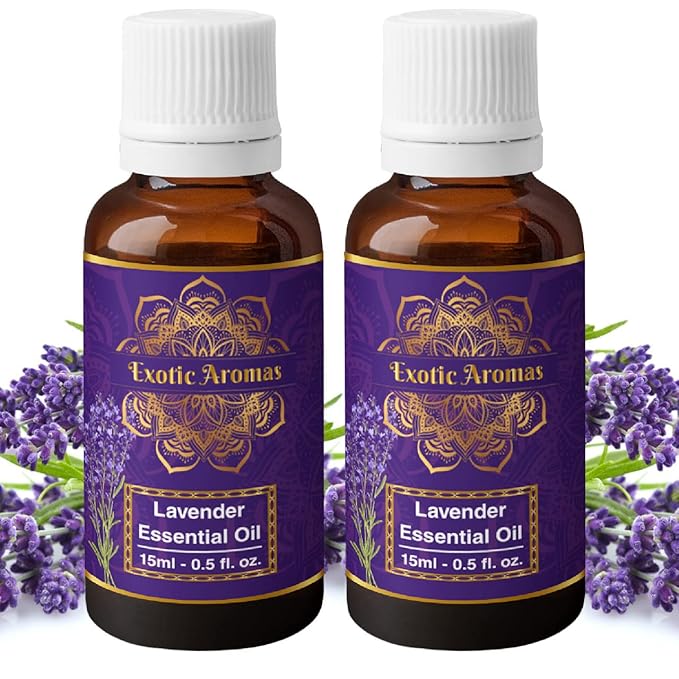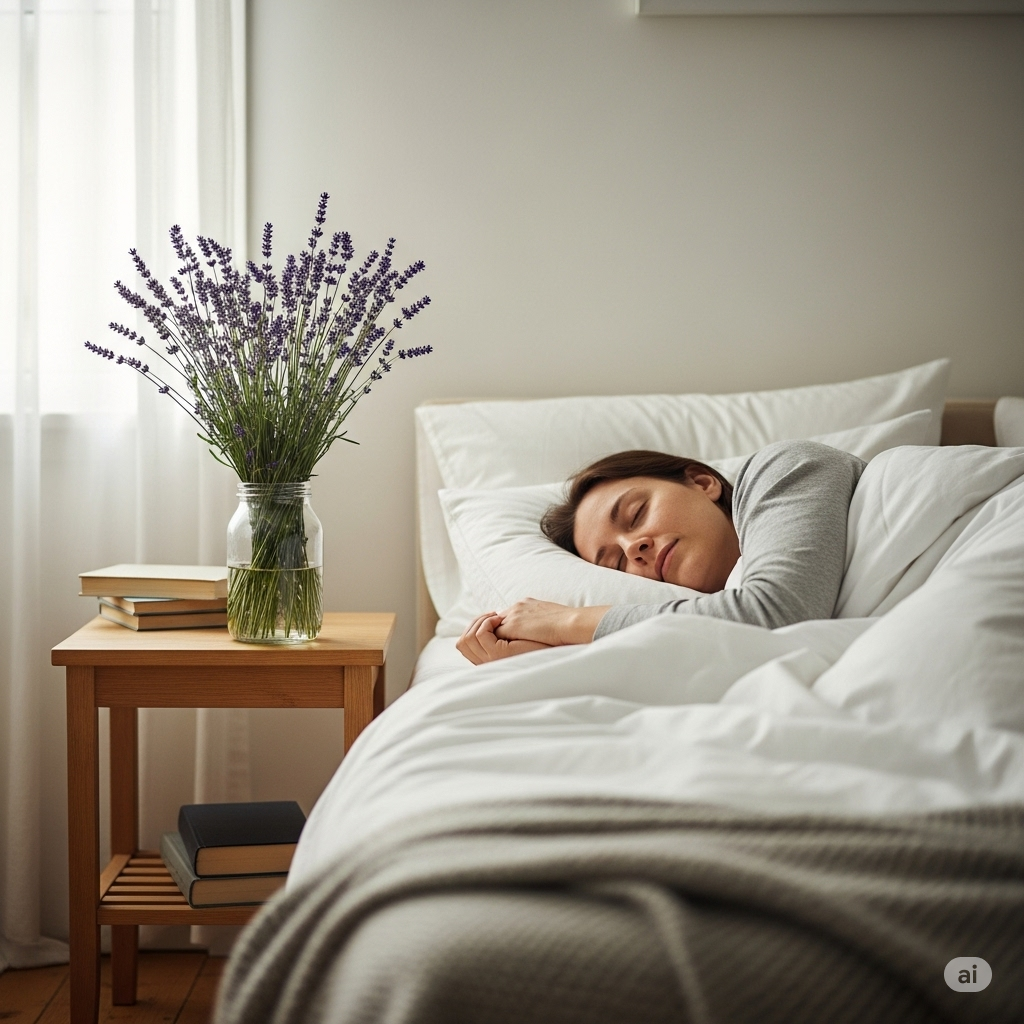Top Herbal Supplements for Stress, Sleep, and Wellness
In today’s fast-paced world, stress, anxiety, and sleep issues have become everyday struggles for many people. Modern lifestyles filled with long working hours, constant screen time, and lack of relaxation often disrupt mental and physical balance. While prescription medications are available, many individuals are turning toward natural remedies to restore calmness, improve sleep quality, and support overall wellness.
Herbal supplements have been used for centuries across traditional systems of medicine like Ayurveda, Traditional Chinese Medicine, and naturopathy. These natural alternatives are increasingly gaining attention in modern science for their ability to promote relaxation, reduce stress, and encourage restful sleep—without the side effects often linked to synthetic drugs.
In this article, we’ll explore the top herbal supplements that support stress relief, improve sleep, and enhance overall wellness.

Why Choose Herbal Supplements for Stress and Sleep?
Before diving into specific herbs, let’s understand why herbal remedies are becoming so popular:
- Natural Stress Relief: Herbs often work with the body’s natural mechanisms, helping balance cortisol levels (the stress hormone) and supporting relaxation.
- Fewer Side Effects: Unlike some sleep medications that may cause dependency, herbs are generally safer when taken appropriately.
- Holistic Wellness: Many herbs not only target stress or sleep but also improve digestion, immunity, and energy levels.
- Ancient Wisdom Backed by Science: Herbal remedies have been used for thousands of years, and modern research continues to validate their benefits.
Best Herbal Supplements for Stress, Sleep, and Wellness
1. Ashwagandha (Withania somnifera)
Ashwagandha is one of the most powerful adaptogens in Ayurvedic medicine. Adaptogens are herbs that help the body adapt to stress and restore balance.
- Benefits:
- Reduces cortisol (stress hormone) levels
- Enhances resilience against anxiety and fatigue
- Improves sleep quality and relaxation
- Boosts energy and immunity
- How to Use: Available as capsules, powders, or teas. A common dosage is 300–500 mg per day, but it’s best to follow professional guidance.
Try a high-quality Ashwagandha supplement for daily stress and energy support.
2. Valerian Root (Valeriana officinalis)
Known as “nature’s Valium,” valerian root has been used for centuries to treat insomnia and anxiety.
- Benefits:
- Acts as a natural sedative
- Improves sleep onset and sleep duration
- Reduces restlessness and anxiety
- How to Use: Often consumed as tea, capsules, or tinctures. Best taken before bedtime for sleep support.
3. Chamomile (Matricaria chamomilla)
Chamomile is one of the most well-known herbal remedies for stress and sleep, commonly enjoyed as tea.
- Benefits:
- Promotes calmness and relaxation
- Eases mild anxiety and depression symptoms
- Supports digestive wellness (often linked to stress)
- Improves sleep quality
- How to Use: Drinking chamomile tea before bed is a simple and effective way to unwind. It’s also available in supplements and essential oils.
Sip a soothing Chamomile tea before bedtime for natural relaxation.
4. Lemon Balm (Melissa officinalis)
A member of the mint family, lemon balm is celebrated for its calming and mood-enhancing effects.
- Benefits:
- Reduces nervousness and anxiety
- Enhances cognitive function and focus
- Improves sleep when combined with valerian root
- Supports digestive health
- How to Use: Available in teas, tinctures, and capsules. A calming lemon balm tea in the evening works wonders for stress relief.
5. Lavender (Lavandula angustifolia)
Lavender is widely recognized for its soothing aroma and stress-relieving properties.
- Benefits:
- Reduces anxiety and emotional stress
- Improves sleep duration and quality
- Acts as a natural mood stabilizer
- Provides relief from headaches and tension
- How to Use: Can be inhaled as essential oil, consumed as tea, or taken in capsule form. Placing a few drops of lavender oil on a pillow is a popular sleep aid.
Use pure Lavender essential oil for calming aromatherapy and restful sleep.
6. Passionflower (Passiflora incarnata)
Passionflower is commonly used for its calming effects and ability to improve sleep patterns.
- Benefits:
- Calms overactive mind
- Helps with insomnia and irregular sleep cycles
- Supports relaxation without grogginess
- How to Use: Consumed as tea, liquid extract, or capsules. Works well when combined with other calming herbs like chamomile.
7. Rhodiola Rosea
Another adaptogen, Rhodiola is highly valued for its ability to boost energy while reducing mental and physical fatigue.
- Benefits:
- Reduces stress and enhances mood
- Improves energy and stamina
- Supports focus and memory under stress
- Reduces burnout symptoms
- How to Use: Best taken as capsules or tablets, especially in the morning to avoid overstimulation at night.
8. Holy Basil (Tulsi)
A sacred herb in Ayurveda, Holy Basil or Tulsi is known as the “elixir of life.”
- Benefits:
- Reduces stress and anxiety naturally
- Supports immunity and respiratory health
- Promotes emotional balance
- Acts as a mild adaptogen
- How to Use: Commonly consumed as Tulsi tea, capsules, or fresh leaves. Daily use is recommended for long-term wellness.

9. Ginkgo Biloba
Though better known for supporting memory and focus, Ginkgo also helps in stress management.
- Benefits:
- Enhances blood flow to the brain
- Improves cognitive clarity under stress
- Reduces anxiety symptoms
- Supports long-term mental wellness
- How to Use: Available as capsules, tablets, and teas. Regular usage helps improve mental resilience.
10. Reishi Mushroom (Ganoderma lucidum)
Reishi is an adaptogenic mushroom used in traditional Chinese medicine for longevity and vitality.
- Benefits:
- Promotes relaxation and better sleep
- Strengthens immunity
- Balances hormones and reduces stress
- Supports overall energy and vitality
- How to Use: Available as powders, teas, or capsules. Often consumed as part of mushroom blends.
Tips for Using Herbal Supplements Safely
While herbal supplements are natural, it’s important to use them correctly:
- Before beginning, speak with a healthcare provider, particularly if you are on medication, pregnant, or nursing.
- Stick to recommended dosages and avoid overuse.
- Choose high-quality, certified supplements from trusted brands.
- Remember that herbs work gradually; consistency is key for long-term benefits.
Lifestyle Practices to Enhance Benefits
Herbal supplements work best when combined with healthy habits. Consider adding these practices:
- Meditation & Yoga: Helps calm the nervous system.
- Sleep Hygiene: Maintain a consistent sleep schedule and reduce screen time before bed.
- Balanced Diet: Support herbal remedies with nutrient-rich foods.
- Physical Activity: Exercise reduces stress hormones and promotes relaxation.
Herbal supplements like Ashwagandha, Chamomile, Valerian Root, and Reishi have been trusted for centuries to relieve stress, improve sleep, and support wellness. In today’s world, where stress and sleepless nights are all too common, these natural remedies provide a gentle yet powerful way to restore balance to mind and body.
By combining the wisdom of nature with modern wellness practices, you can create a lifestyle that supports relaxation, deep sleep, and overall vitality—without relying solely on synthetic solutions.








